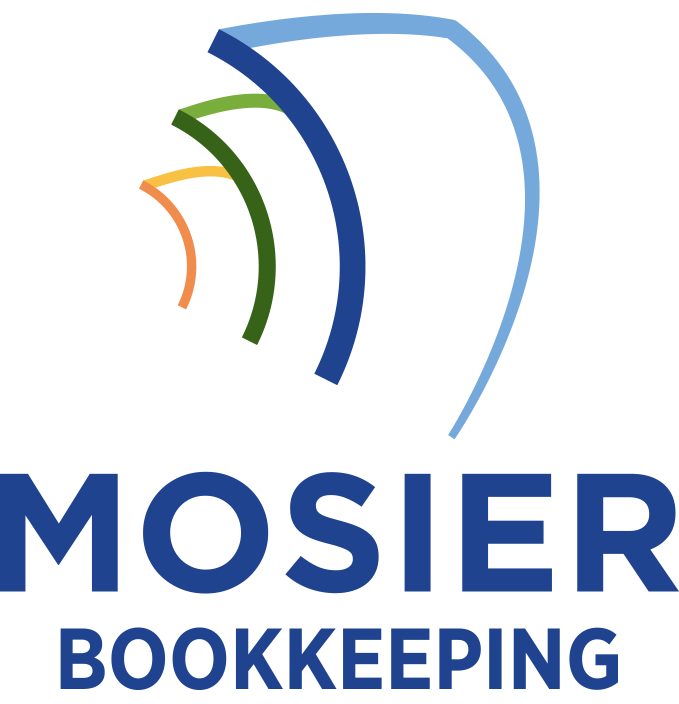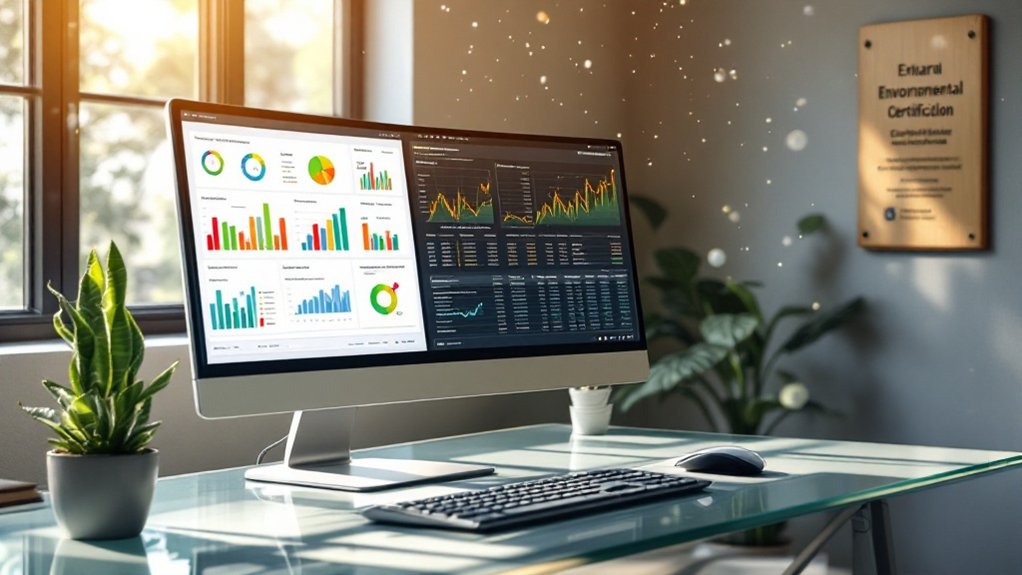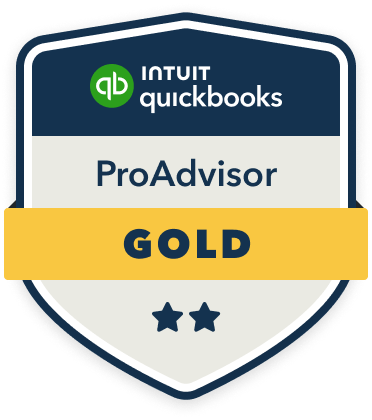Integrating bookkeeping with sustainability reporting tools delivers multiple strategic advantages for your business operations. You’ll eliminate manual data entry errors while gaining real-time visibility into environmental impacts, resource consumption, and regulatory compliance. These tools can reduce operational costs by 15-30% through efficiency tracking, automate SEC and GRI reporting requirements, and transform raw data into actionable insights. I’ll show you how this integration strengthens your company’s sustainability profile while optimizing financial performance.
Enhanced Data Accuracy and Reduced Manual Entry
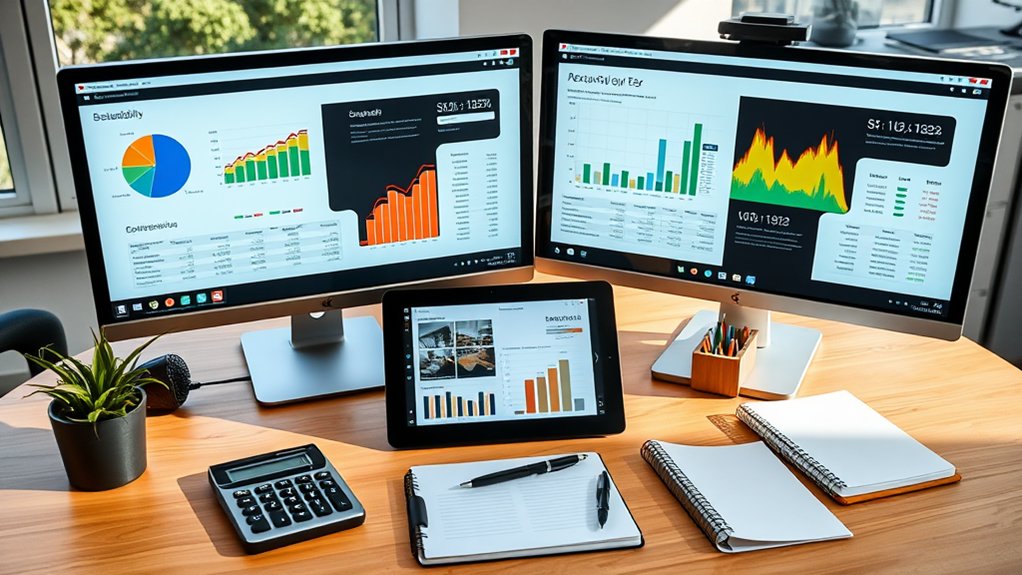
When organizations implement digital bookkeeping systems for sustainability reporting, they drastically improve their data accuracy while minimizing manual entry errors. I’ve observed that automated data capture eliminates transcription mistakes and reduces the risk of duplicate entries. Through integrated systems, I can guarantee real-time validation checks catch discrepancies immediately, rather than discovering them months later during audits.
Real-Time Environmental Impact Analysis
How do organizations gain instant visibility into their environmental footprint? I’ll show you how integrated sustainability reporting tools transform raw financial data into actionable environmental metrics. These systems continuously monitor your resource consumption, carbon emissions, and waste generation through automated data processing.
I’ve observed that real-time analytics enable you to track Scope 1, 2, and 3 emissions instantly, letting you make immediate adjustments to operations. You’ll gain powerful insights through customizable dashboards that quantify environmental impacts in both financial and ecological terms, while automated alerts notify you when specific thresholds are breached, ensuring proactive environmental risk management.
Cost Savings Through Resource Efficiency Tracking
Real-time environmental monitoring creates a natural pathway to identify cost-saving opportunities through resource efficiency tracking. I’ve found that integrating resource consumption data with financial metrics reveals immediate optimization potential. When I analyze utilities, materials, and waste streams through sophisticated tracking systems, I can pinpoint inefficiencies that drain profits. I’ll show you how to leverage this data to reduce operational costs by 15-30% while strengthening your sustainability profile. By implementing automated resource tracking, you’ll gain granular insights into usage patterns, enabling strategic decisions that boost both financial performance and environmental compliance.
Streamlined Regulatory Compliance and Reporting
A detailed sustainability reporting system streamlines compliance with evolving environmental regulations and disclosure requirements. I’ve found that integrating bookkeeping with sustainability metrics creates a robust framework for meeting complex regulatory demands.
Key advantages I’ve identified include:
- Real-time tracking of environmental impact data against regulatory thresholds, enabling proactive compliance management
- Automated generation of standardized reports for SEC filings, GRI standards, and TCFD disclosures
- Digital audit trails that document compliance efforts and reduce regulatory scrutiny
Informed Decision-Making for Sustainable Growth
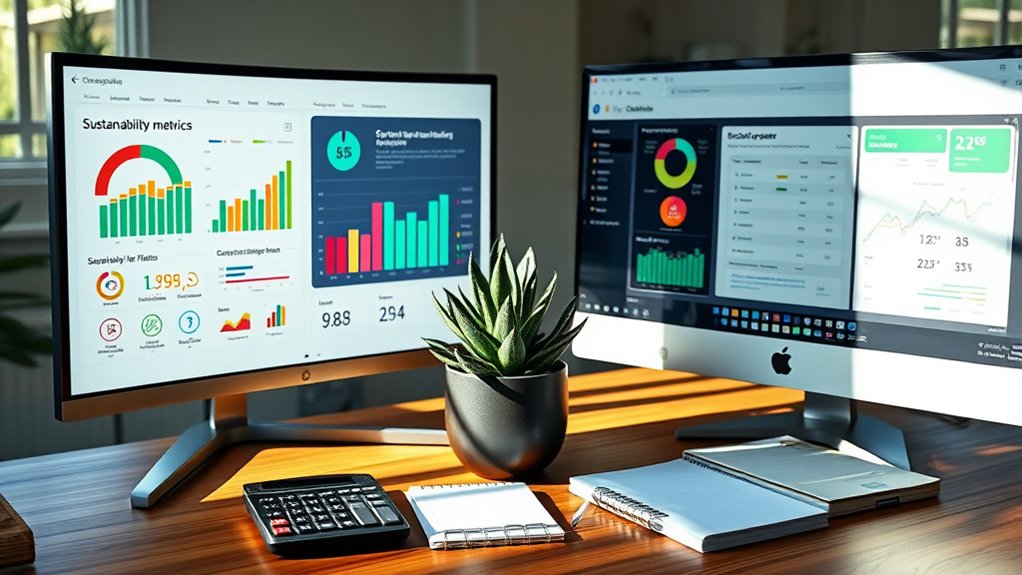
Building upon robust compliance frameworks, integrated sustainability bookkeeping serves as a powerful catalyst for informed business decisions. I’ll show you how this integration transforms raw data into strategic insights that drive sustainable growth.
| Decision Area | Strategic Impact |
|---|---|
| Resource Allocation | Optimize capital deployment based on ESG metrics |
| Risk Management | Identify environmental and social vulnerabilities |
| Market Positioning | Leverage sustainability data for competitive advantage |
| Investment Planning | Align financial strategies with long-term sustainability |
